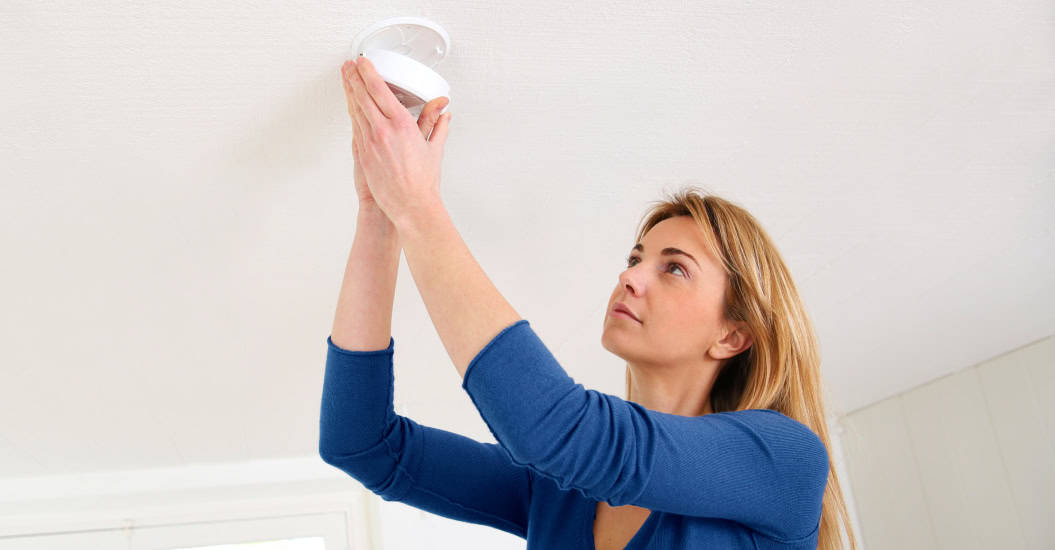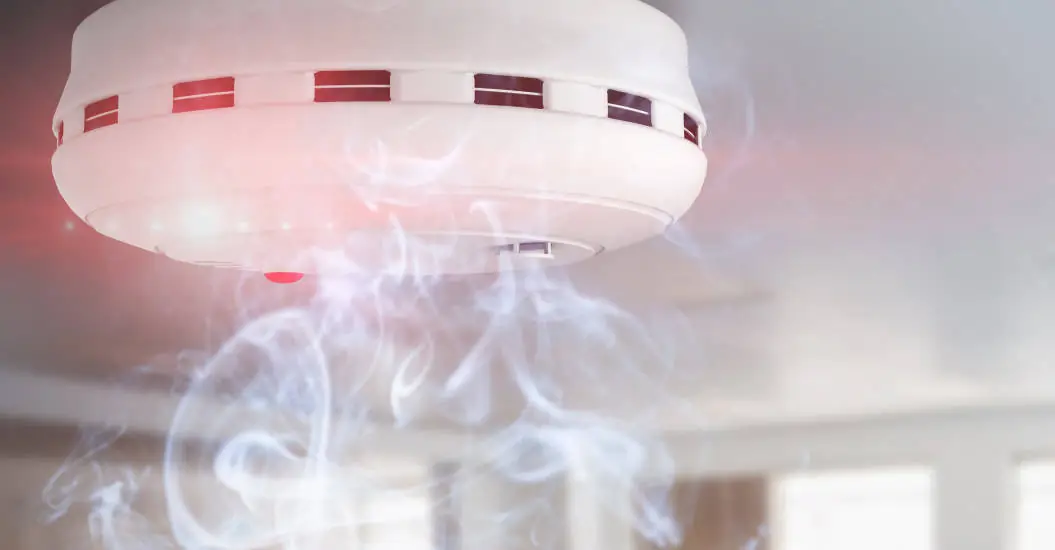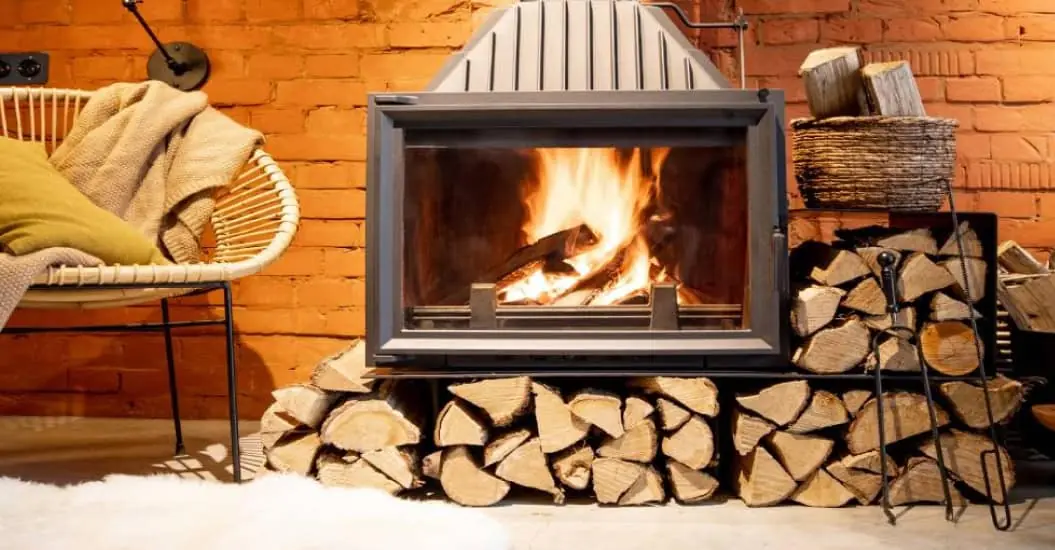There are heaps of ways to heat your home, but before you switch on the heater or load up the log pile, there are a couple of things you can do to keep your home a haven.
Show your heat pump filters some love
Over time, the buildup of dust and debris can clog up your air filter and circulate harmful particles. Giving the filter a regular clean can avoid this happening and ensure it runs more efficiently.¹ And, it also helps to reduce unnecessary energy consumption - a big bonus.²
Get your heat pump to help fight nasties
Set your heat pump to at least 18 degrees. This helps to reduce condensation forming on surfaces, which can cause damage to your home. It'll also help to reduce mould and mildew, which can be unhealthy and damaging. And if you set it below 21 degrees, it should help reduce your energy consumption too.² A warm, dry, and mould-busting win.
Be fire-safe by using your heater correctly
It's easy to forget our everyday appliances could be a fire risk. But devices, like your heater, need to be used with care. Here's how you can help avoid heater fires this winter:
- Keep your heater at least a metre from anything that can catch fire - bedding, curtains, and clothing are all high-risk materials to stay clear of.
- Your heater is not a dryer, so avoid placing clothes or towels directly on top.
- Never plug your heater into a multi-plug. They use a lot of power and can overload it, so make sure you are plugging it directly into the wall socket.
- Heaters can gather a lot of dust sitting there all day, so make sure to regularly check and clean them to avoid the dust catching fire.³
Clean your chimney
Been a while since you've used your fireplace? Then we'd recommend getting a professional chimney sweep to do an annual clean and inspection. Venting issues can be a fire hazard and can cause pollutants to circulate in your home, so be sure to get it checked.
Cool your ashes
Hot ashes can take up to five days to cool completely. So make sure your fire isn't still going by emptying your cooling ashes into a metal bin and pouring water over them. This will help put out any leftover embers and is the safer way to stop fumes from circulating your home.⁴
Check your electric blanket
If your electric blanket is more than five years old, you should check for any hotspots. To do this, you can turn it on high for 15 minutes, switch it off, and then run your hand over the blanket. If any spots are toastier than others, it may be time to replace it just to be safe.⁴
Looking for other smart tips? Take a look at our 'Power up your plugs like a pro' blog for more handy tips on how you can avoid an electrical overload in your home.

Looking for house and contents insurance?
Save $200 on house and $50 on contents insurance policies with promo code SWEETDEAL.*
*Ends 28 Feb 2026. Excludes contract works. New, eligible policies only. Ts&Cs apply.






